13 GPTs for Scenario Modeling Powered by AI for Free of 2025
AI GPTs for Scenario Modeling are advanced generative pre-trained transformer models specifically designed to assist in creating, analyzing, and predicting various scenarios. These tools leverage the power of AI to generate realistic and complex scenario simulations across a wide range of fields, from finance and healthcare to environmental studies and strategic planning. By understanding context, generating relevant data, and predicting outcomes, GPTs provide tailored solutions that help users navigate uncertainties and make informed decisions.
Top 10 GPTs for Scenario Modeling are: OMO GPT V2,Thinkbot 자동 작업수행,DivineAlgorithm.ai - HDF - AGI Simulation,Soñando Cuba,God Simulator,TCFD Guide,Supply Chain Immunity Developer,Data Simulator,Revenue Planning GPT,Historical Simulator
OMO GPT V2
Crafting Engaging Narratives with AI
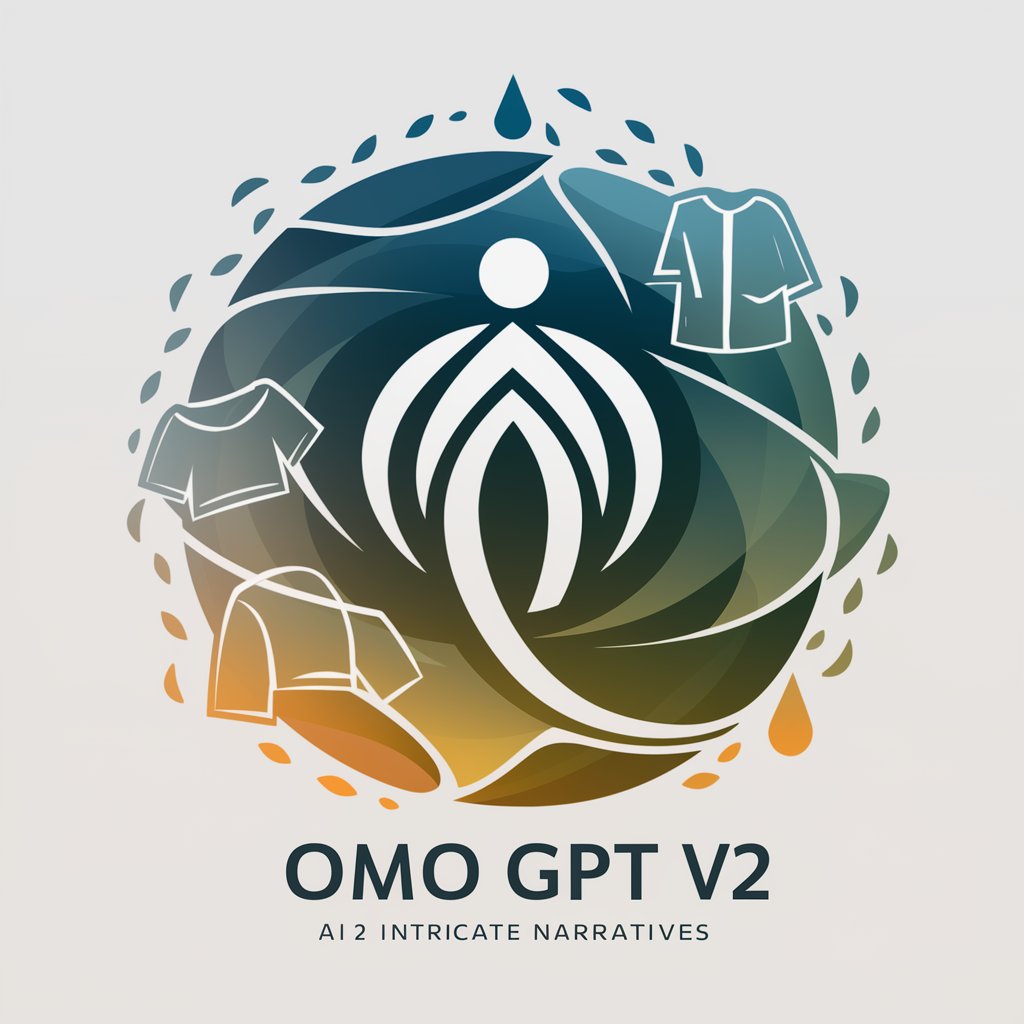
Thinkbot 자동 작업수행
AI-powered automation for complex projects
DivineAlgorithm.ai - HDF - AGI Simulation
Navigating AGI Futures with AI-Powered Precision
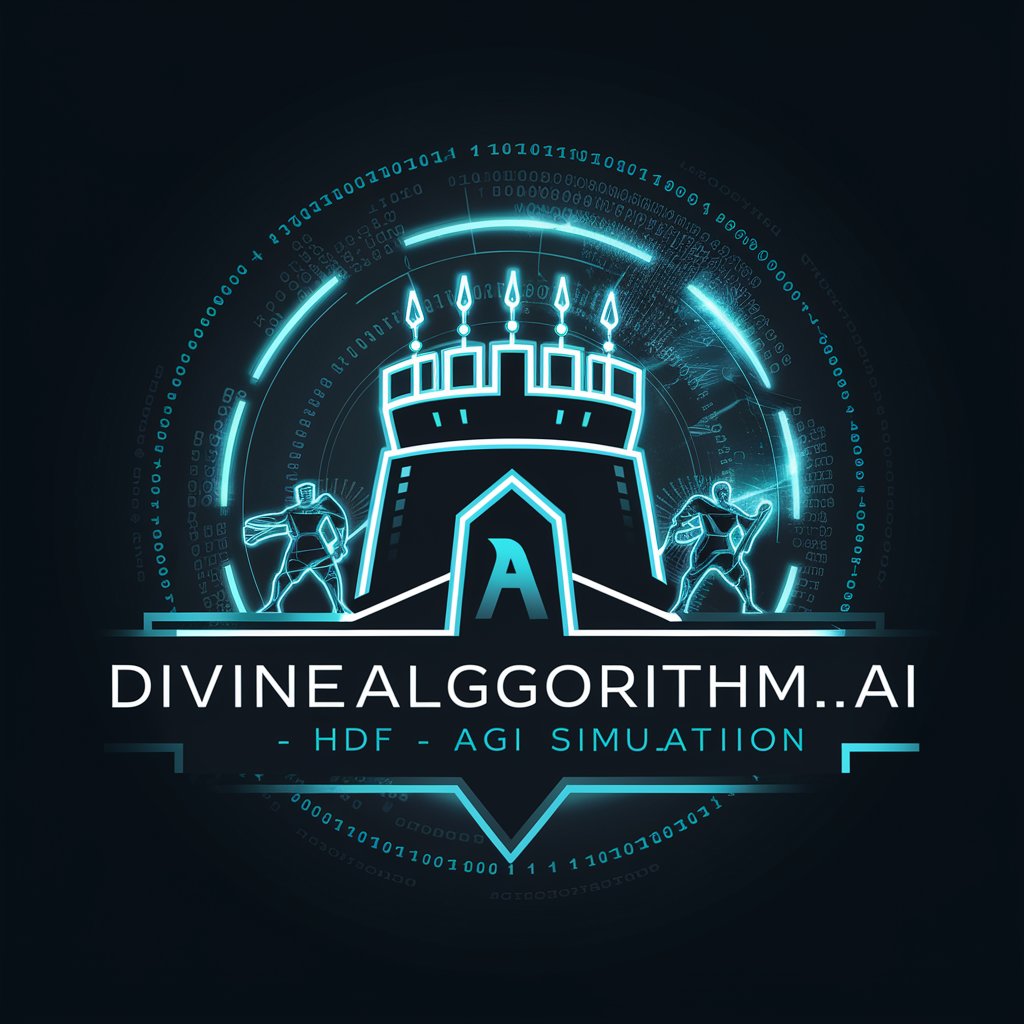
Soñando Cuba
Visualize a Prosperous Cuban Future with AI

God Simulator
Simulate, Learn, and Explore with AI

TCFD Guide
AI-Powered Climate Risk Insight

Supply Chain Immunity Developer
Strengthening supply chains with AI
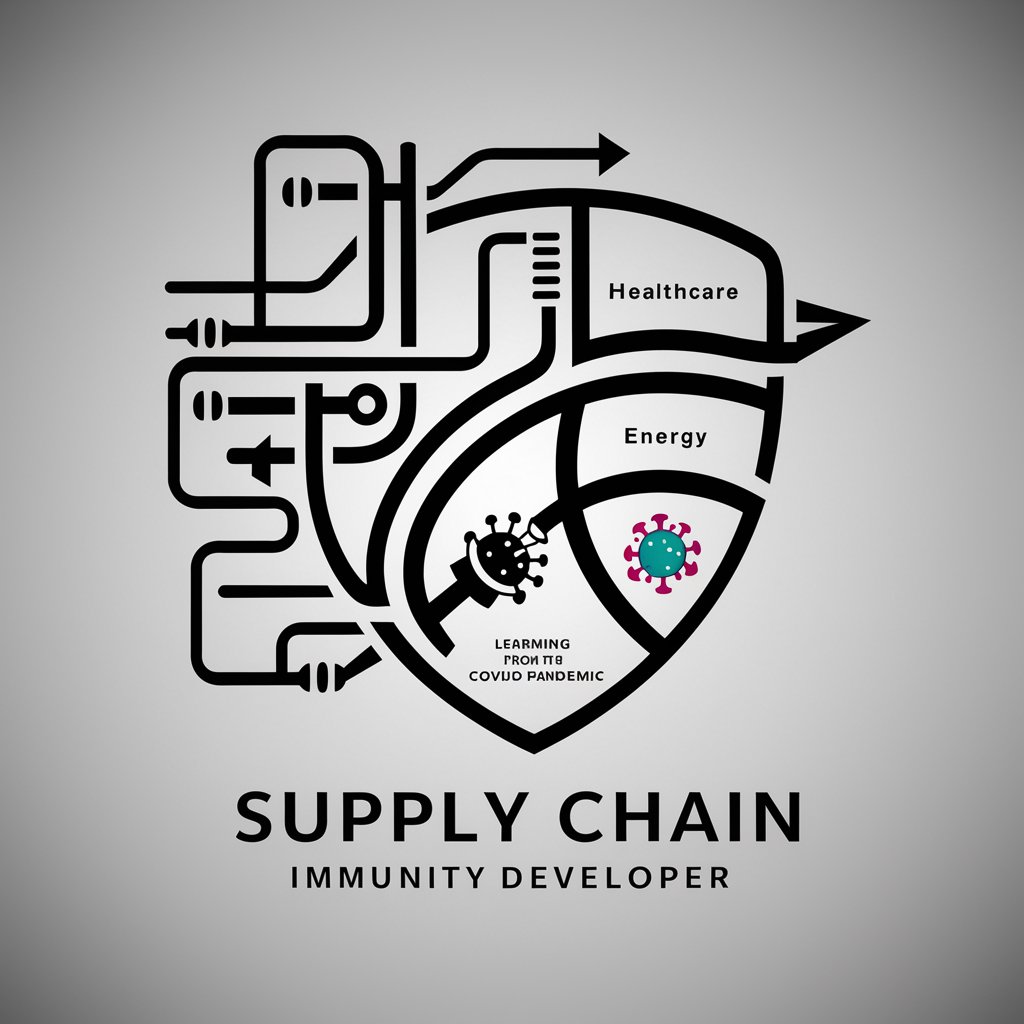
Data Simulator
Empowering insights with AI-powered simulations

Revenue Planning GPT
Empower your revenue strategy with AI-driven insights.
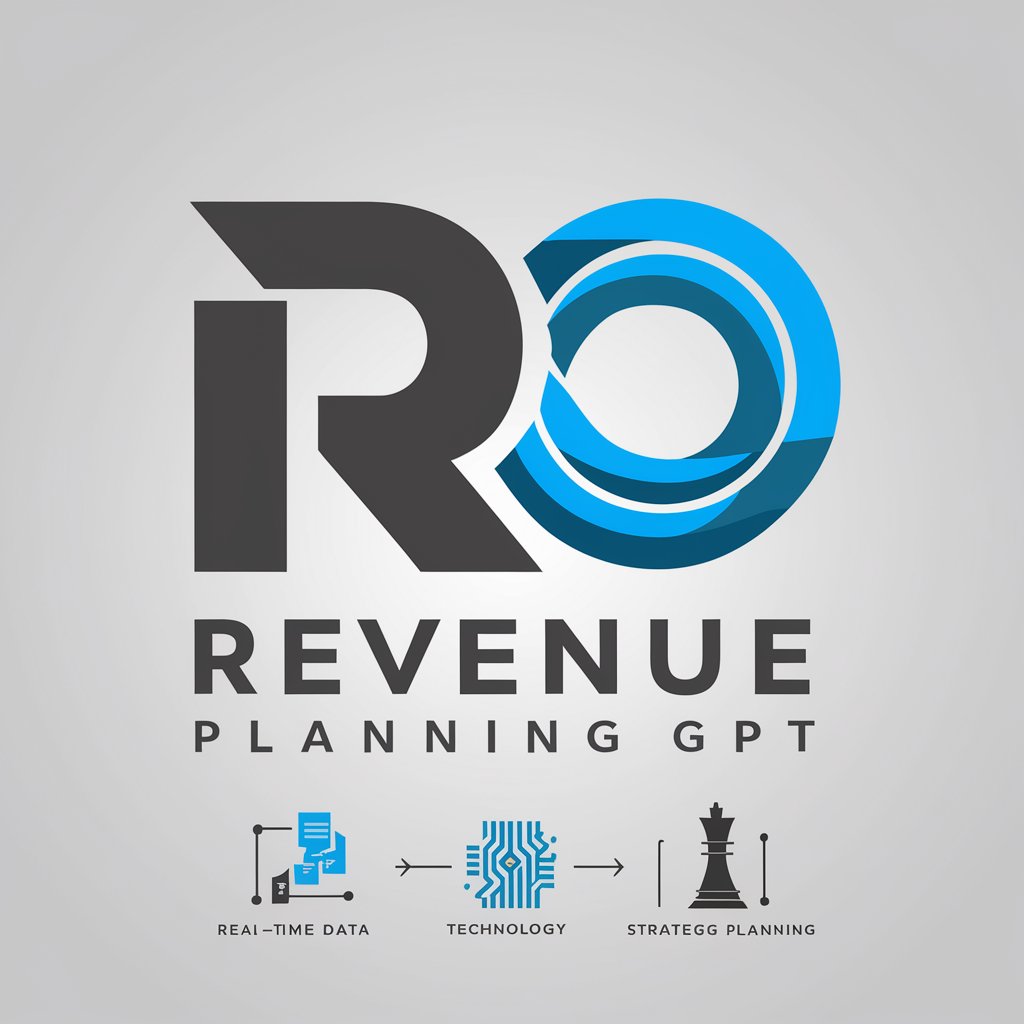
Historical Simulator
Envisioning History with AI

Legal Dataset Generator / fictional legal dataset
Crafting Realistic Legal Scenarios with AI

AGI Innovator
Empowering AGI Innovation with AI
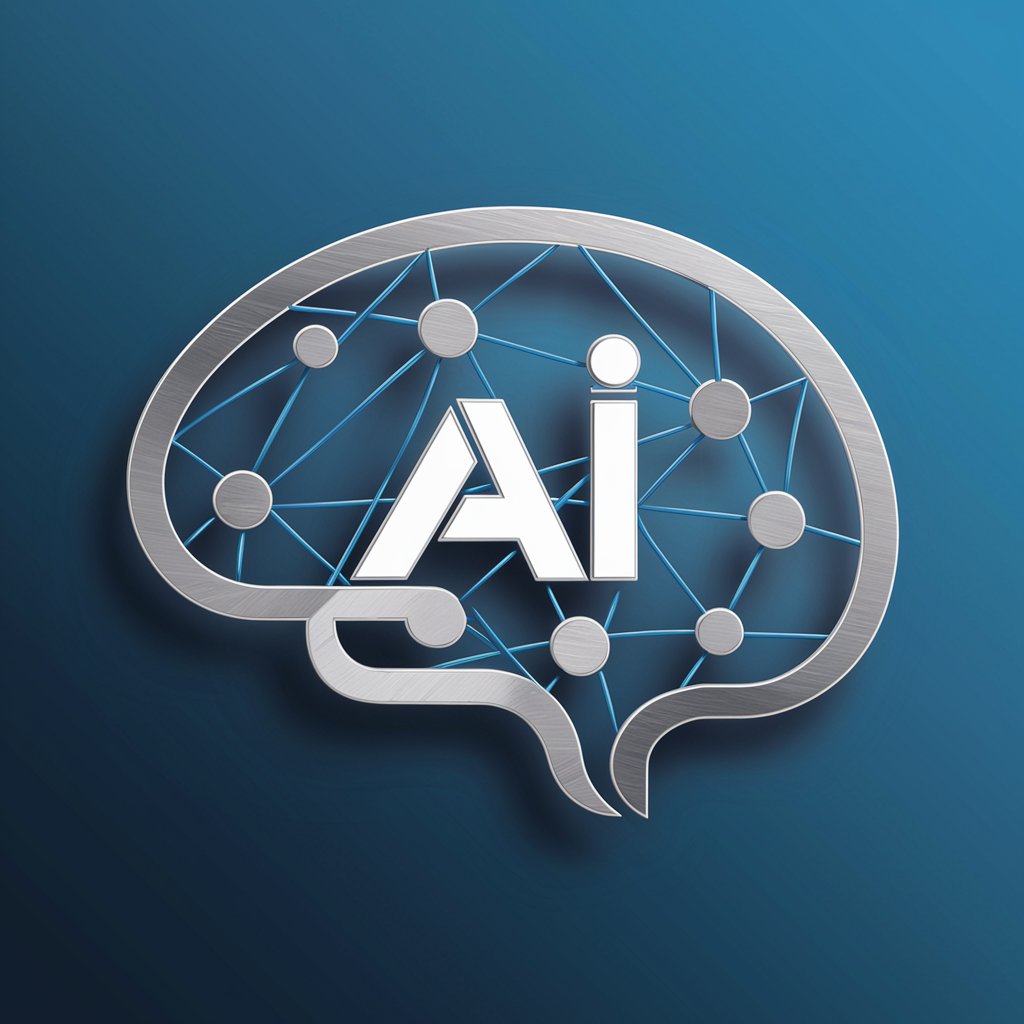
Quandary
Unraveling paradoxes with AI-powered analysis

Essential Attributes and Capabilities
The core features of AI GPTs tools for Scenario Modeling include their adaptability to both broad and specific tasks, enabling users to simulate an array of scenarios from simple to highly complex. Unique capabilities include advanced language comprehension, technical analysis, web search integration, image creation for visual scenarios, and detailed data analytics. These tools stand out for their ability to learn from new information, update scenarios with real-time data, and provide comprehensive support for technical and non-technical users alike.
Who Benefits from Scenario Modeling AI?
AI GPTs tools for Scenario Modeling are invaluable to a diverse audience, including novices seeking to understand scenario planning, developers creating customized scenario-based applications, and professionals across various sectors needing to predict outcomes and make strategic decisions. These tools are designed to be accessible to users without coding skills while offering advanced customization options for those with programming knowledge, thus catering to a wide range of needs and expertise levels.
Try Our other AI GPTs tools for Free
Hackathon Preparation
Discover how AI GPTs revolutionize hackathon preparation, offering tailored project assistance, coding support, and collaborative features to enhance innovation and efficiency.
Coding Simulation
Discover how AI GPTs for Coding Simulation can transform your programming with real-time assistance, code optimization, and tailored learning solutions.
Assignment Grading
Discover how AI GPTs for Assignment Grading revolutionize the educational landscape, offering precise, efficient, and scalable grading solutions tailored to diverse educational needs.
Content Clarification
Discover AI GPT tools designed for Content Clarification, enhancing comprehension of complex information through advanced AI technology.
Collaborative Viewing
Discover how AI GPTs for Collaborative Viewing revolutionize digital content interaction, offering real-time insights and tailored collaborative solutions.
Application Tailoring
Explore the tailored world of AI GPTs for Application Tailoring, offering customized solutions designed to enhance functionality and user experience across various applications.
Further Understanding of AI in Scenario Planning
AI GPTs for Scenario Modeling offer customizable solutions across sectors, featuring user-friendly interfaces and the ability to integrate with existing systems. These tools not only simulate possible futures but also provide insights that inform strategic planning and risk management, showcasing their versatility and adaptability in changing environments.
Frequently Asked Questions
What is Scenario Modeling in AI?
Scenario Modeling in AI involves using artificial intelligence tools, particularly GPTs, to create, analyze, and predict outcomes in various scenarios. It helps in planning and decision-making by simulating possible future events.
How do AI GPTs generate scenarios?
AI GPTs generate scenarios by analyzing vast amounts of data, understanding context, and applying learned patterns to simulate possible future outcomes. They can adjust simulations based on new data or different assumptions.
Can AI GPTs for Scenario Modeling be customized?
Yes, they offer extensive customization options, allowing users to tailor scenarios based on specific data sets, objectives, and parameters. This makes them suitable for a wide range of applications and industries.
Do I need programming skills to use these tools?
No, many AI GPTs for Scenario Modeling are designed with user-friendly interfaces that require no coding skills. However, programming knowledge can enhance customization and integration capabilities.
How accurate are AI-generated scenarios?
Accuracy depends on the quality of data and the complexity of the model. While AI GPTs provide highly realistic simulations, users should consider them as one of many tools in decision-making.
Can these tools integrate with existing systems?
Yes, many AI GPTs are designed to integrate seamlessly with existing workflows and systems, enhancing their utility without disrupting current operations.
Are there limitations to what AI GPTs can predict?
While AI GPTs can simulate a wide range of scenarios, they are limited by the data they have been trained on and cannot account for unforeseeable events or factors outside their training scope.
How do AI GPTs for Scenario Modeling stay updated with new information?
These tools often incorporate mechanisms to learn from new data, allowing them to update scenarios and predictions with the latest information, ensuring relevance and accuracy over time.